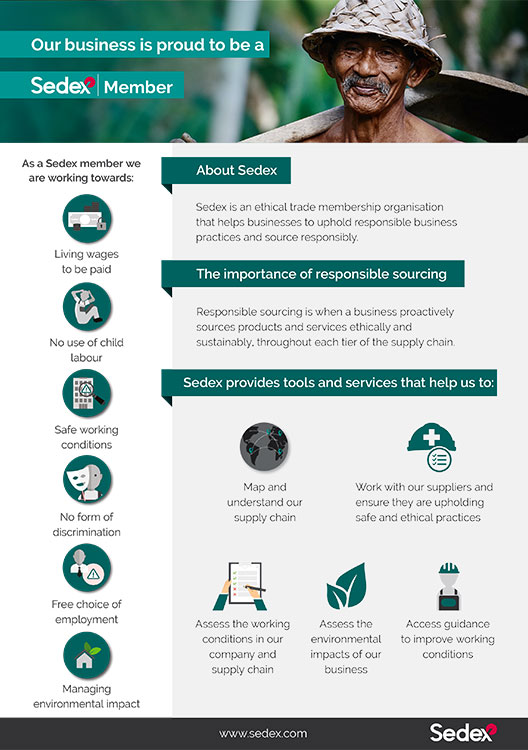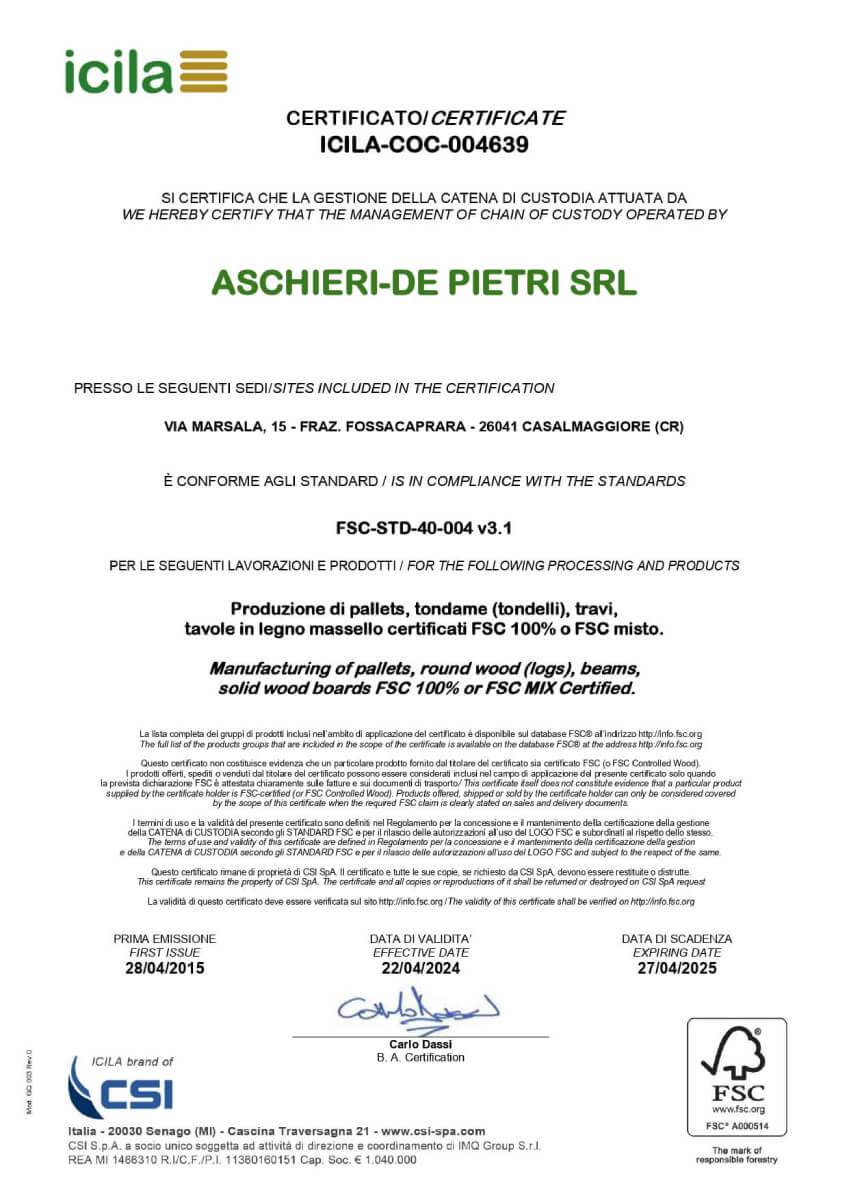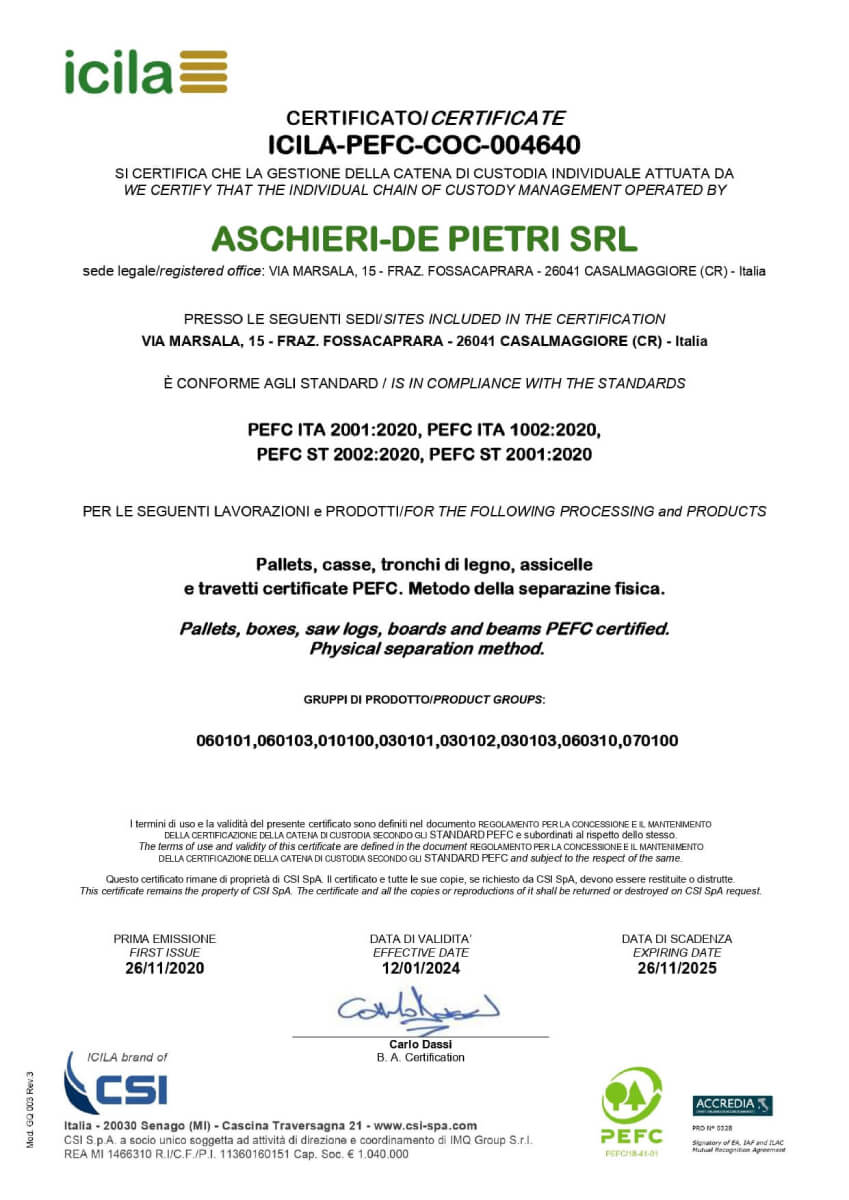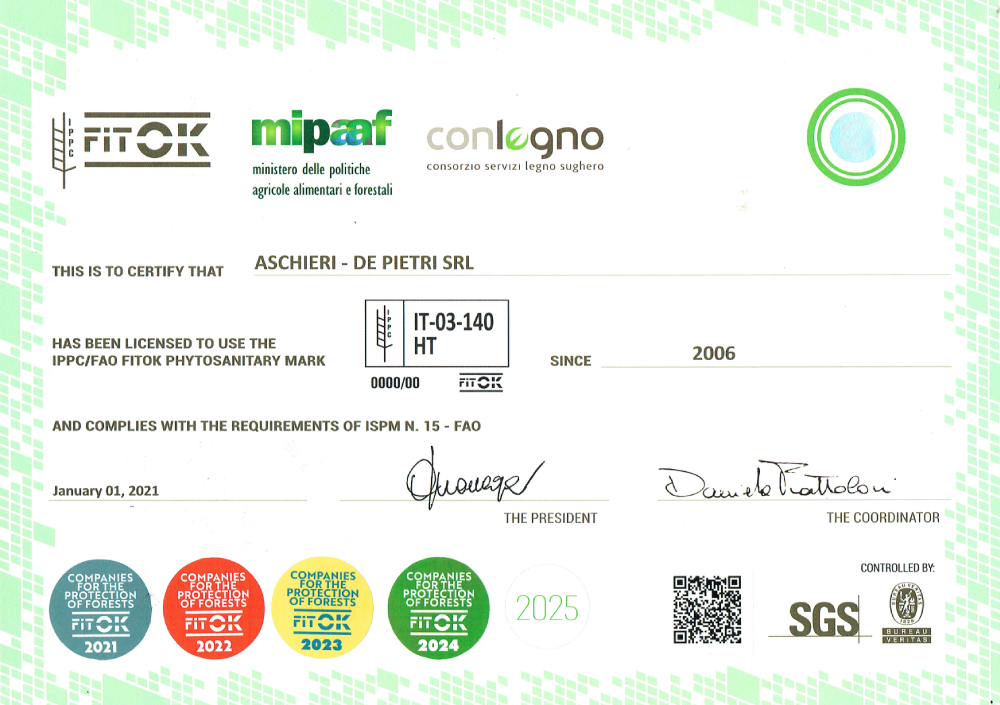Certifications
AUDIT SMETA
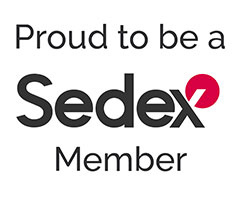 Aschieri-De Pietri successfully took and passed the Smeta audit. Smeta is the acronym for Sedex Members Ethical Trade Audit and Sedex is a non-profit organization that is committed to promoting ethical principles along global supply chains and is the largest platform in Europe for the collection and processing of data on ethical behavior supply chains. Smeta guidelines are adopted by large multinational corporations to verify and monitor their suppliers. Aschieri-De Pietri was assessed by an auditor from the certifying body Bureau Veritas, through a Smeta 4 pillars audit whose intent was to verify our company on the 4 fundamental Smeta pillars:
Aschieri-De Pietri successfully took and passed the Smeta audit. Smeta is the acronym for Sedex Members Ethical Trade Audit and Sedex is a non-profit organization that is committed to promoting ethical principles along global supply chains and is the largest platform in Europe for the collection and processing of data on ethical behavior supply chains. Smeta guidelines are adopted by large multinational corporations to verify and monitor their suppliers. Aschieri-De Pietri was assessed by an auditor from the certifying body Bureau Veritas, through a Smeta 4 pillars audit whose intent was to verify our company on the 4 fundamental Smeta pillars:
- Labour relations
- Health & Safety
- Environment
- Professional ethics
During the audit, compliance with the applicable national or local legislation, the level of adhesion to the ETI code (Ethical Trade Initiative) and all the best practices required by the Smeta guidelines were verified. The audit was carried out through inspections at the workplace, interviews with workers, accurate documentary analyses and photographic survey, especially relating to the management of employment relationships, health and safety, environment and professional ethics. The success of this Smeta audit demonstrates the commitment that our company has always pursued on these issues and the intention to progressively improve them over time, giving a guarantee of reliability to its stakeholders and showing a great effort to social issues and attention especially towards ethical and environmental standards.
FSC CERTIFICATION
As of April 28 2015, the company Aschieri - De Pietri Srl has obtained the FSC certification with reference to the production of FSC 100%. certified wooden pallets packaging.
The FSC® marking ensures that processed products come from well managed forests, which translates into environmental, social and economic benefits in accordance with the most stringent environmental standard. Indipendent certification bodies carry out the forest management and chain of custody assessment. This leads to certify that the forest of origin has been monitored in accordance with all relevant FSC standards and requirements (best practices for forest management), as set out and approved by the Forest Stewardship Council® a.c. Likewise, it implies the involvment and approval of all the stakeholders. FSC is a global, not-for-profit, indipendent organization. Their members include some of the world's leading environmental NGO's, businesses and social organizations as well as forest owners and managers, processing companies, indigenous communities, scientists, specialized staff all cooperating to implement the highest standards of forest management which are environmentally appropriate, socially beneficial and economically viable.
PEFC CERTIFICATION
PEFC - Italia promotes sustainable forest management (GFS), by working throughout the entire forest supply chain and encouraging good practice in the forest. It ensures that the timber and non-timber forest products are produced with respect for the highest ecological standards. It provides benchmark criteria which allows for sustainably-managed forest wood and timber products to be marketed while ensuring consistency with the international requirements.
ISPM 15 FAO CERTIFICATION
In recent years, the globalisation of world markets has dramatically increased international trade traffic.
Wood packaging materials may convey and release pest spreading agents. Stringent phytosanitary measures have been developed in order to limit and prevent the international transport and spread of disease and insects that could negatively affect plants or ecosystems.
Applied phytosanitary measures as follows:
- ban on imports (ensuring the highest possible phytosanitary safety, yet it could also lead to trading blocs wordwide),
- requirement of specific phytosanitary measures (pest free area),
- request of the phytosanitary certification (as issued by the NPPO),
- inspection at entry (which implies a significant outflow of resources to properly carry out inspections),
- treatment prior to shipping.
Treatment prior to shipping represents the phytosanitary measure required by the IPPC standard and is the basis of the ISPM-15 International Standard.
Briefly, said standard requires for all raw wood packaging materials to undergo specific treatment (namely, heat treatment- HT) to be then certified accondingly by the IPPC/FAO marking. Said mark shall be adequately monitored by a certification system applied by the wood packaging and treatment business sector.


